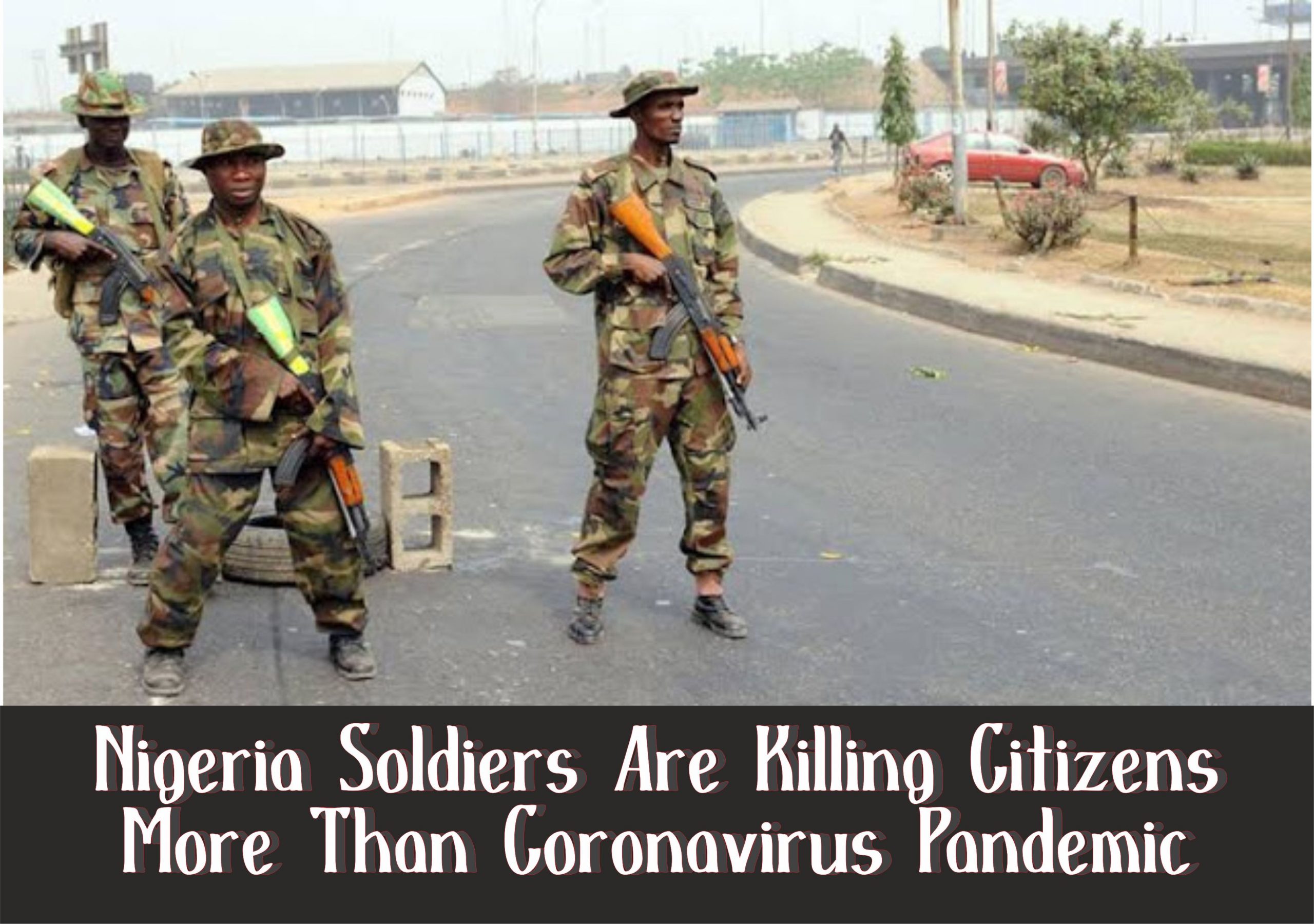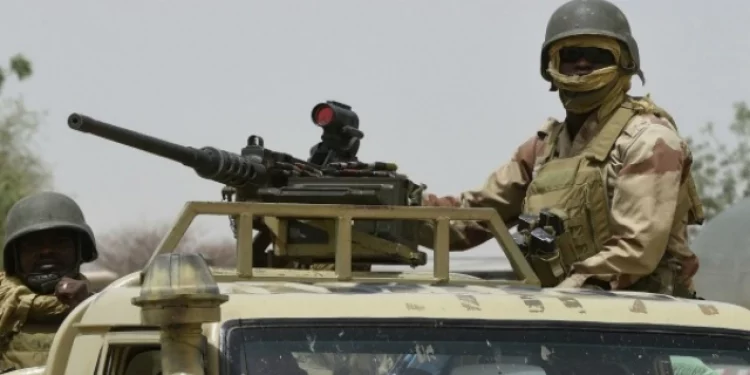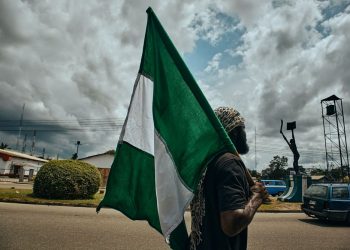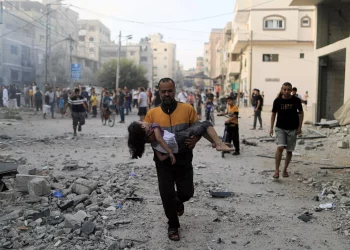In the face of the recent killings in the South Eastern Nigeria, during and after the some special military operations by the Nigerian, the army authorities have said that the Nigerian Armed Forces have zero tolerance for violence against civilians.
The Commandant of the National Defence College, Rear Adm Murtala Bashir, made this claim in his address at a workshop on Protection of Civilians in a Challenging Environment, on Tuesday in Abuja
The workshop was organised by the Centre for Civilians in Conflict(CIVIC) in partnership with Alumni Association of the National Defence College(AANDEC).
While admitting that there could be unintentional harm on civilians in conflict situations, the commandant said all must be done to protect civilians at all times.
Nigerian soldiers have been accused of several killings in the South Eastern Nigeria involving both armed and unarmed civilians, most of whom have met their untimely death in the hands of soldiers due to their support for the Indigenous People of Biafra, IPOB.

NOTABLE QUOTES
“The Armed Forces of Nigeria operates within some laid down rules and the rules of engagement emphasise the need for protection of civilians.
“The armed forces of Nigeria does not condone any form of irresponsible act.
“Just this week, there was news of court marshalls going on in the North East.
“Some soldiers were recommended for dismissal and some for several sentences like reduction in rank,” he said.
While commending the organisers of the workshop, Bashir who was the keynote speaker at the event, said continuous training and retraining of security personnel, particularly on the protection of civilians was paramount.
One of the solutions is this kind of training workshop, where we sensitise the middle ranked officers who are the ones on ground with the civilians.
“Though they know their responsibilities, this type of workshop is a reminder on how they can carry out their responsibilities in a professional manner.
“This type of training should not be limited to Abuja. We can sensitise the commanders in the field of their primary responsibility of protecting civilians.”
On tackling asymmetrical conflict, the commandant said the training syllabus of military institutions was increasingly focusing on trends in asymmetric warfare.
Bashir, noted that asymmetric warfare was a global challenge, stressed that training and retraining would help commanders in the field to learn how to protect civilians.
Dr Benson Olugbuo, Country Director, Centre for Civilians in Conflict, said the workshop became necessary following repeated reports of alleged violence against civilians.
He said the aim of the workshop was to enhance the capabilities of security forces in Nigeria to mitigate civilian harm and reparation in accidental cases.
Olugbuo added that the workshop was organised to expose participations to the concept of civilian harm tracking as tool for understanding conflict -related harm.
“The objectives of the workshop include to enlighten participants on the principles of protection of civilians in line with international best practices and applicable domestic laws.
“It is also to expose participants to the Technology Enhanced E-Learning Application(TEELA), designed to allow security personnel appreciate the dilemma faced by civilians during security operations,”he said.
Olugbuo said that CIVIC was particular about parties to armed conflicts, ensuring the prevention of civilian harm.
He assured that CIVIC would work towards organising more workshops across the country, particularly in conflict prone areas.
This, according to him, will help remind security operatives on keeping to the rules of engagement, particularly with regards to avoiding human rights violations.
Retired Brig.- Gen. John Temlong, Pioneer Commander of the Multinational Joint Tax Force, said the first duty of troops was to protect civilians.
He said it was important to give meaning to the sections of the Defence Policy and the Constitution that emphasise protection of lives and property.
Temlong said constant interaction and capacity building would enable security personnel carry out their functions effectively.
“If we fail to protect civilians then we have failed in our duties because if there are no civilians there will be no need for military operations.
“We should extend this type of training to other formations outside Abuja because those who are face to face with the crisis are in the states.
“So, we need to take this sort of workshop round the country,” he said.












